Dean of Research about the new strategy: “Transformative research is research with an impact”
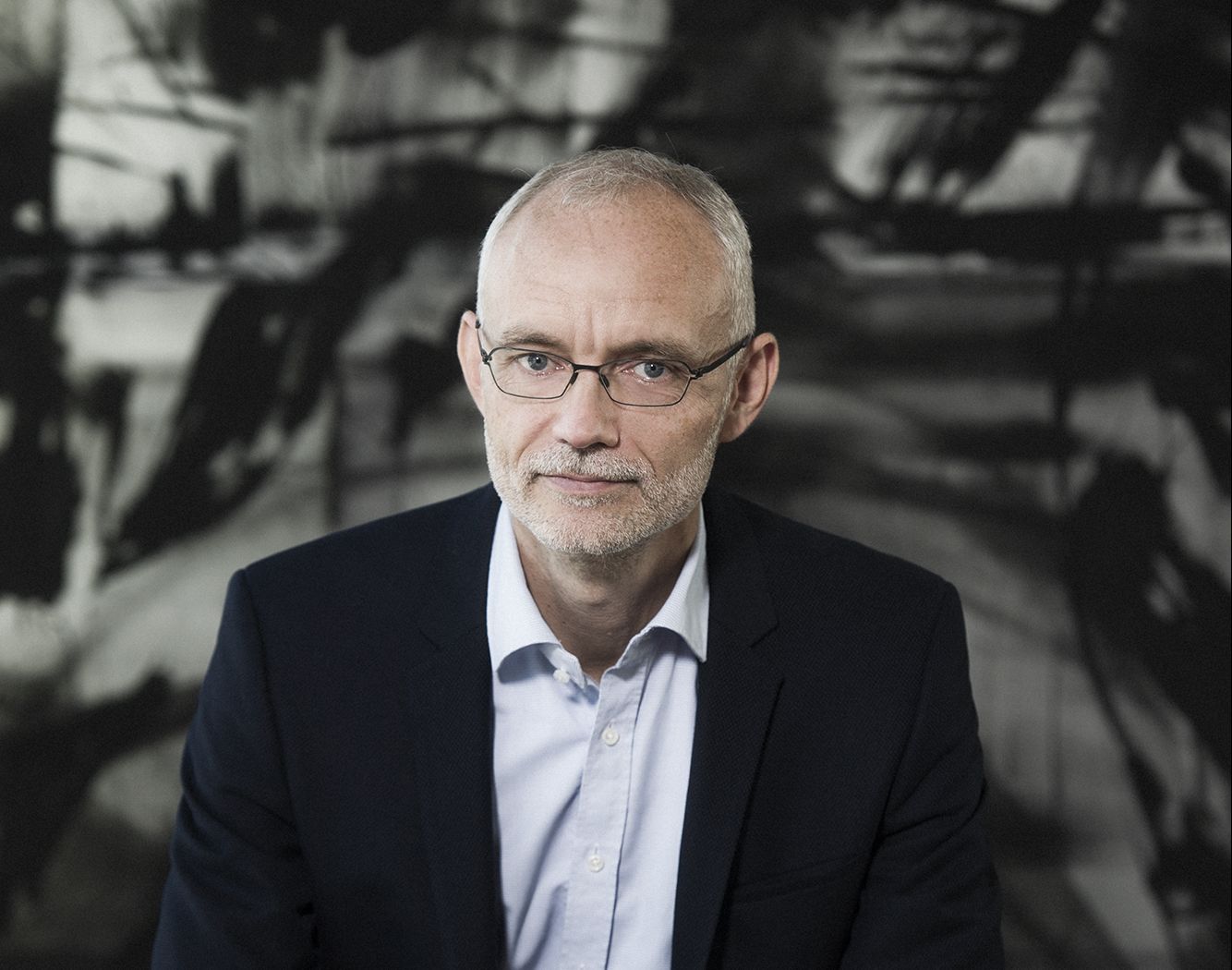
(Photo: Poul Christensen)
The new strategy encourages CBS researchers to ask and explore big questions, preferably in collaboration with researchers outside their fields. The Dean of Research hopes that in four years’ time, CBS research will have played a key role in tackling some of the major challenges of our time.
The new CBS strategy aims to “prioritize the exploration of big questions”. But what are these “big questions”?
CBS WIRE sat down with the Dean of Research Søren Hvidkjær on Microsoft Teams to hear his views on the new strategy.
“Of course, some of the big questions concern societal challenges that we, as a society, are facing, including the green transition, but it’s very much up to the researchers to also define and ask the big questions,” he says.
However, what the “big questions” are often the kinds of questions that are not answered by just one person or one field of research. Big questions typically involve a complexity that prompts researchers to collaborate, explains Søren Hvidkjær.
Therefore, the new strategy has a core priority to develop the supporting structures needed to lead “transformative, interdisciplinary and collaborative projects”.
“For example, engineers are great at developing new technologies or improving existing ones that can help us towards a green transition. But technical fixes will only get us so far. The green transition requires behavioral changes, and understanding how new technologies interacts with human behavior is no small matter. Therefore, change requires that behavioral researchers participate in technology development projects from the get-go,” he says and continues:
“At CBS there is actually quite a bit of collaboration across departments and research areas, but truly interdisciplinary research and addressing the big questions often entails working with people outside CBS.”
And that is facilitated by two elements; local initiatives and supporting structures that those initiatives can be fed into, according to Søren Hvidkjær.
“Right now, we have structures at CBS that are better for helping more disciplinary projects, so we need to tweak our system to encourage more collaboration between departments and different disciplines,” he says.
Money has been allocated for implementing the new strategy, and part of that money includes seed funding, which will go to projects and initiatives that are contributing to the strategy, explains Søren Hvidkjær.
“At the moment, we are talking with the departments about what kinds of cross-cutting initiatives and projects they have in mind. The deadline for submitting ideas in this first round is October 5, and from there we will look into which initiatives to support in this first step. However, there will be multiple rounds in the future, and I know many researchers have chosen to wait submitting proposals to future rounds.”
“Transformative research is research with an impact”
The theme of the new strategy is transformation or having a transformative effect. But what is transformative research to Søren Hvidkjær?
“At the end of the day, transformative research is research with a significant positive impact. It’s about causing important and lasting improvements in people’s lives – even if this impact is indirect,” he says.
“As a business school, our research will typically have a strong business component, for instance, understanding and facilitating entrepreneurial activities, which then bring prosperity. And we can get transformative impact by addressing a big problem with a keen awareness that you always need to deliver quality and strive for excellence.”
I want researchers to take the driver’s seat and be able to have the courage to ask big questions
Søren Hvidkjær
Researchers can make an impact in many different ways. Through their teaching, by publishing groundbreaking results in academic journals, through memberships of boards and councils where they can share their knowledge, through books, public talks and by generally disseminating what they know.
However, the new strategy aims to “develop a structural assessment of societal impact”.
“We are in the business of producing knowledge, and the knowledge must ultimately have applicability and relevance. So, as an organization, we must always ask ourselves about the potential impact of what we are doing,” says Søren Hvidkjær and continues:
“At the same time, creativity and freethinking are paramount in research, and history is filled with scientific breakthroughs that did not start out with the researcher attempting to solve a practical problem. So it’s a balance, but we do lack a system that can assess societal impact. And that’s not only a challenge for CBS, but every university. Luckily, we have skilled scholars at CBS with knowledge of how to approach this.”
Researchers in the driver’s seat
Søren Hvidkjær explains that every year, researchers can apply for seed funding to start projects or for initiatives that are linked to the strategy, but looking ahead to when the strategy has run its course, he hopes the following.
“Hopefully, people will not talk so much about the actual strategy, but more about the research we will have seen emanating from it,” he says.
“When looking back, I certainly hope that we will be able to see that CBS has tackled some of the great challenges, or that we have been part of shining light on new opportunities or challenges. You should not assume that you know what issues will be in a few years.”
Although society is faced with challenges such as climate change and digitalization, which allow trolls to potentially corrupt elections, Søren Hvidkjær hopes that CBS’ researchers also dare to look into other topics and questions that might not seem important right now.
“We don’t want everyone to focus on the same problem. We would rather have a plurality of focus areas, opinions and research topics, because otherwise we can become obsessed with one problem and overlook another. In research, I want researchers to take the driver’s seat and be able to have the courage to ask big questions.”



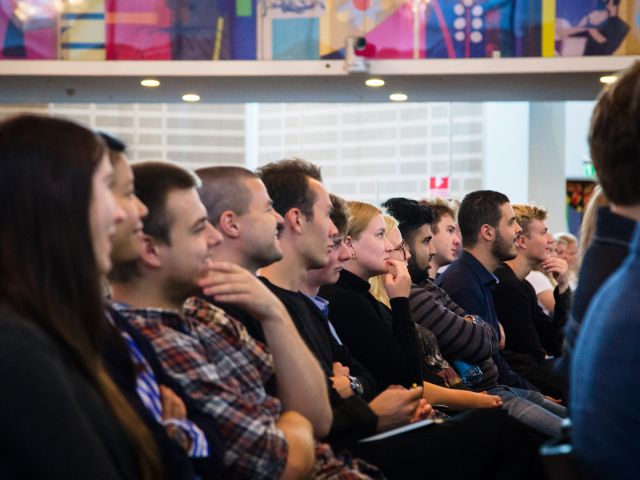

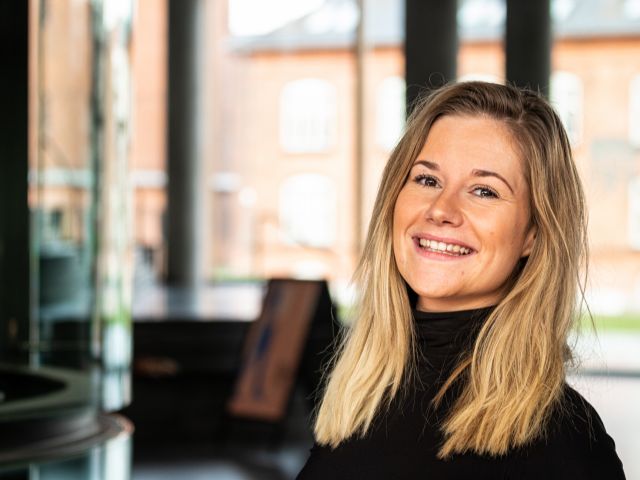

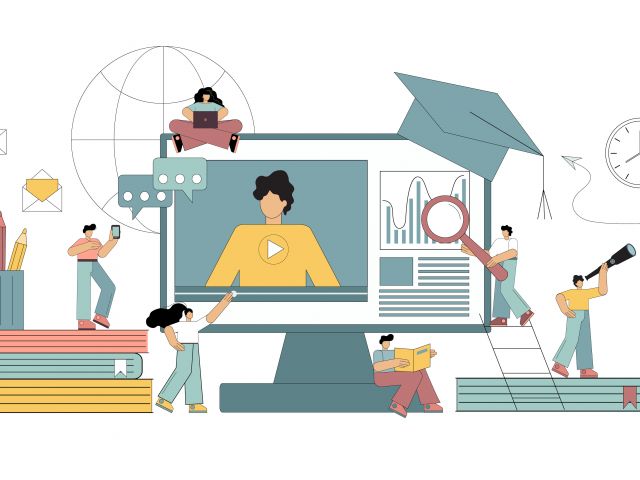

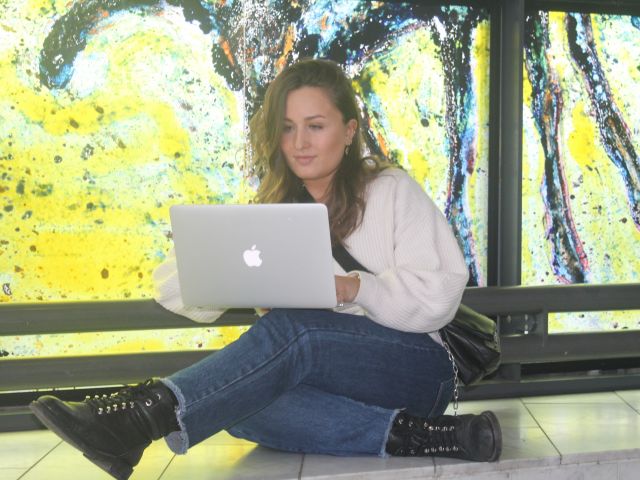




























































































































Comments